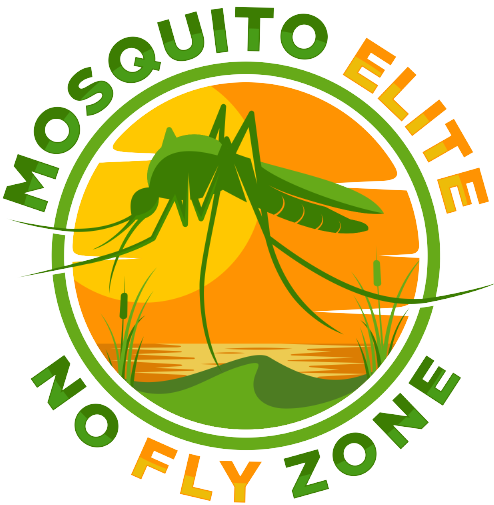World Mosquito Day: Understanding the Deadliest Animal on the Planet
Mosquitoes hold the infamous title of being the deadliest animals on Earth, responsible for spreading diseases that claim countless lives every year. This World Mosquito Day, take a moment to learn about mosquito habitats, the diseases they carry, and how to protect yourself and your family. The more you know, the better equipped you’ll be to make your yard a true No Fly Zone!
Fascinating Mosquito Facts
Mosquitoes belong to the scientific order Diptera, the same as flies. Despite their small size, these insects have distinct characteristics that set them apart:
One pair of narrow wings
Long, slender legs
A piercing-sucking mouthpart called a proboscis
Not all mosquitoes bite. Male mosquitoes don’t bite at all, and some species don’t require blood meals. Female mosquitoes, however, feed on the blood of humans and animals to nourish their eggs. Using their proboscis, they probe the skin for blood vessels and deposit saliva during feeding. This is how mosquito-borne illnesses are transmitted: through the bites of infected mosquitoes.
Malaria: A Deadly Mosquito-Borne Disease
Malaria remains one of the most dangerous diseases spread by mosquitoes. According to the CDC, nearly 249 million cases and 608,000 deaths occur annually across 85 countries. While Africa bears the highest burden of malaria cases, the United States experiences cases each year as well.
To protect yourself and your loved ones, learn more about how malaria is spread and take proactive steps to minimize your risk.
Preventing Mosquito Infestations
Mosquitoes are semi-aquatic and rely on stagnant water to lay their eggs and develop into larvae. The more standing water present, the larger the mosquito population—and with it, the potential for bites.
Follow these steps to keep your yard mosquito-free:
Eliminate standing water in items like children’s toys, downspouts, plant saucers, and pet bowls. Check traps, gutters, and flat roofs as well.
Clear your yard of excess grass clippings, leaves, firewood, and debris.
Flip over larger items that can collect water, such as sandboxes, toys, and birdbaths.
Ensure tarps over firewood, boats, or sports equipment are taut and not holding water.
Maintain your home by cleaning gutters, checking downspouts, mowing grass regularly, and repairing irrigation leaks.
Collaborate with neighbors to ensure the whole community takes mosquito control seriously, especially in tightly spaced residential areas.
Use a professional mosquito control barrier treatment around your yard and home.
Bite Back with Mosquito Elite
Whether you’re concerned about mosquito-borne diseases or just tired of itchy bites, Mosquito Elite is here to help. As a locally owned and operated business, we provide personalized mosquito control solutions tailored to the specific needs of your region. Our expert technicians use proven methods to make your outdoor spaces safer and more enjoyable.
Call us today at 337-419-0788 for a free quote and learn more about how we can protect your yard. Visit our website at www.getmosquitoelite.com to explore our services and take the first step toward making your yard a No Fly Zone
